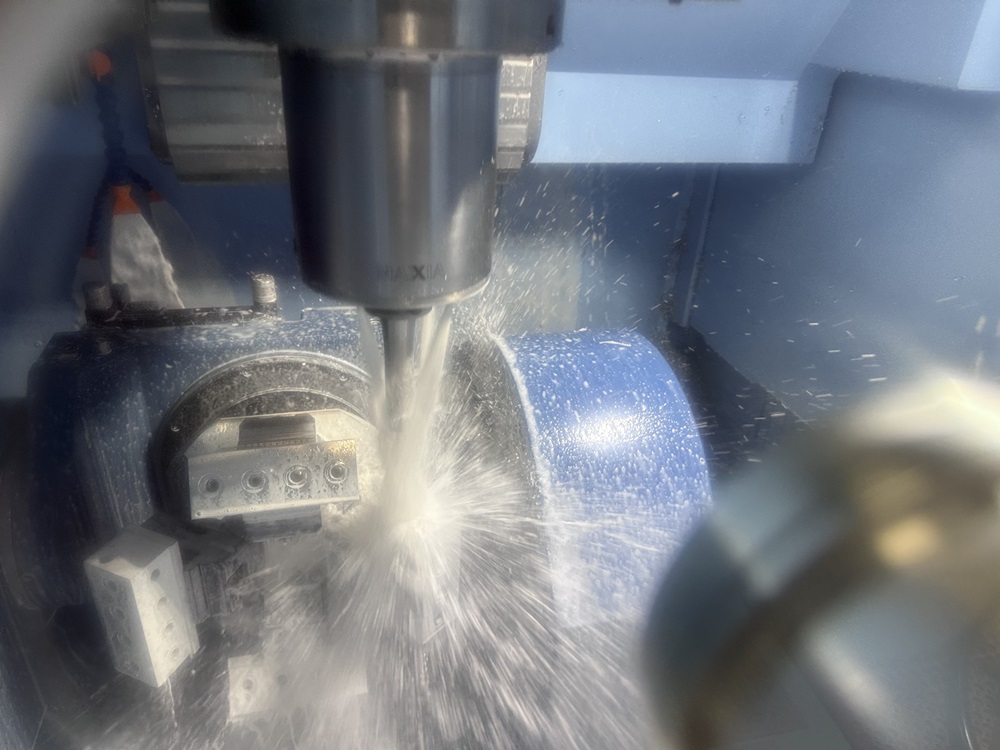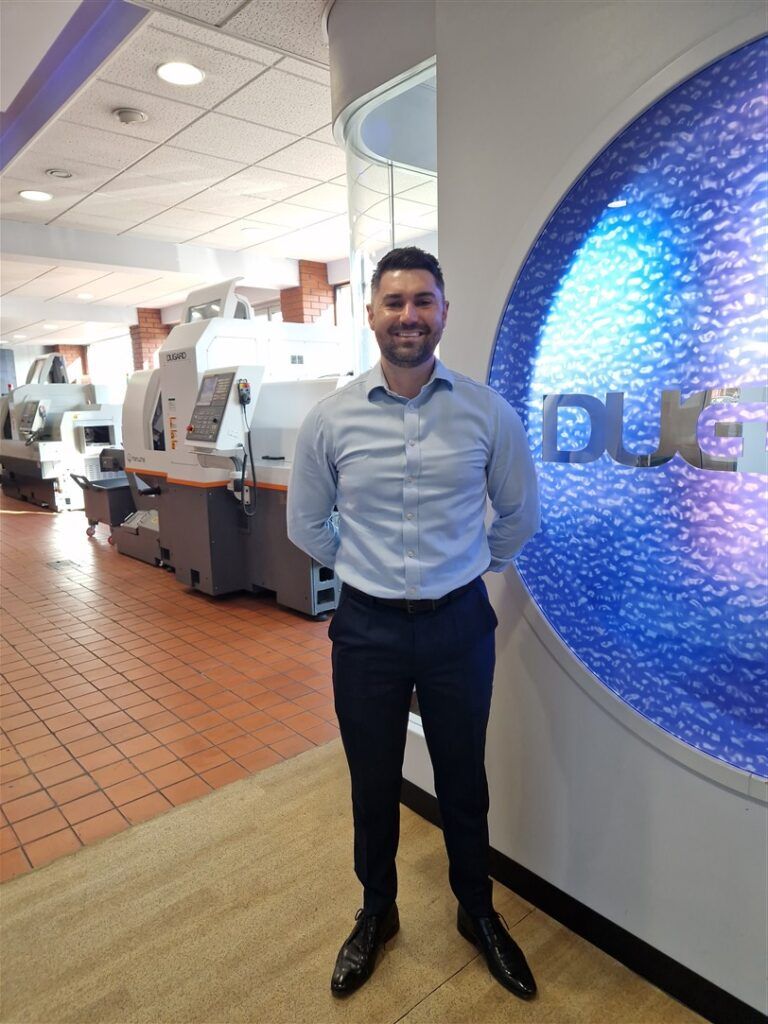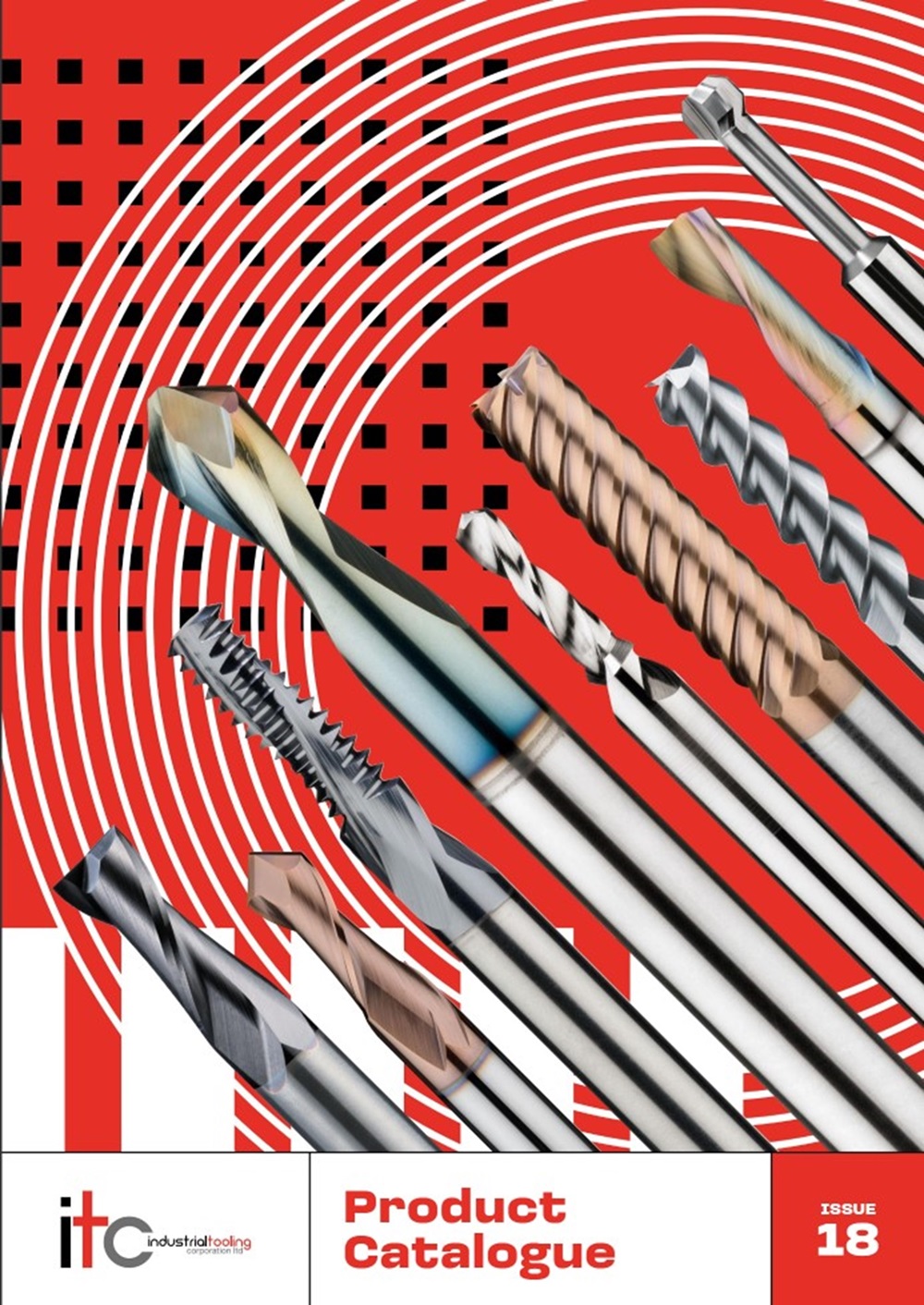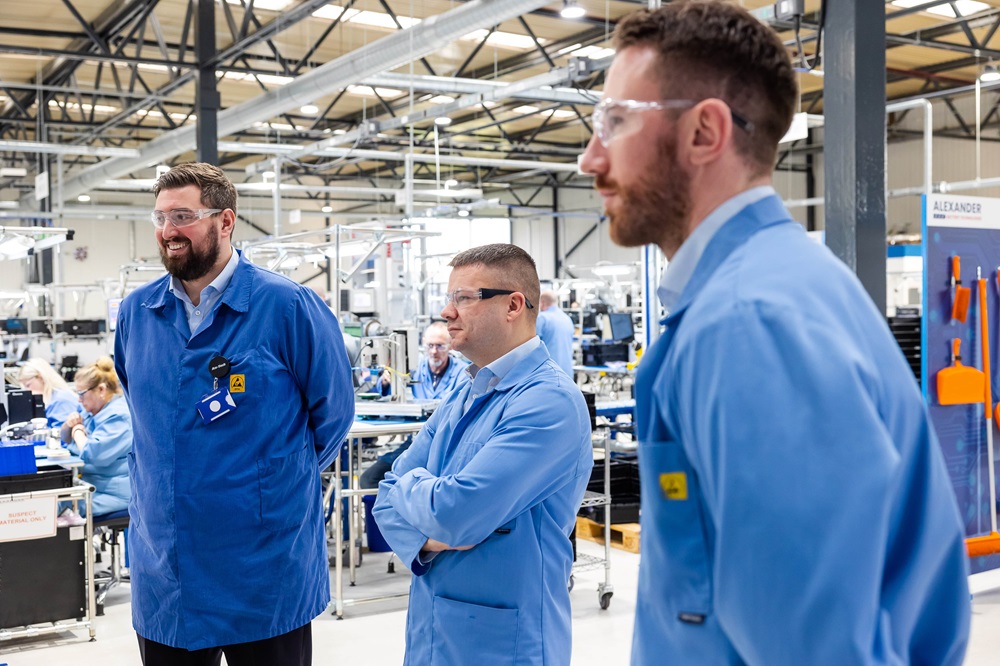LMS Precision Engineering has trusted its tooling supplier for over 35 years. Scott Street, a partner at Droitwich-based LMS, says: “We’re a family-run business with main sectors of interest that include aerospace and general subcontract machining. We’ve always had a great relationship with Guhring.”
Chris Bush from Guhring takes up the narrative: “LMS uses the whole spectrum of our cutting tools, whether that’s milling cutters, drills, taps or thread mills – in fact, everything through to the TM [Tool Management] vending machine. LMS was one of the first customers to see the advantages of a TM vending machine, which allows them to put their resources in providing components rather than manually ordering tools, looking for tools and managing tool stocks.”
Guhring can build TM vending solutions to a customer’s specific requirements. The system will control and monitor tool consumption and spending, with reporting for complete visibility. The main benefits of the Guhring TM vending solutions include 24/7 controlled tool availability and the prevention of production stoppages due to tool availability. It will also eliminate loss and theft, create employee awareness of tooling costs and the system can communicate with customer IT systems.
Recalling specific product lines, Street says: “We had a lot of joy with the Guhring VA series drill and now there’s the new InoxPro drill, which is bringing us faster run times than ever before. We use Guhring for everything, including end mills such as high-speed rippers, through-coolant drills, high-speed steel drills, stub drills – absolutely everything.”
Alluding to the application of the latest-generation tools, he adds: “The latest tools have given us the confidence to run lights-out, reducing the number of tools we need to stock and providing us with full visibility of all tool usage and tool performance.”
For further information www.guhring.co.uk



















